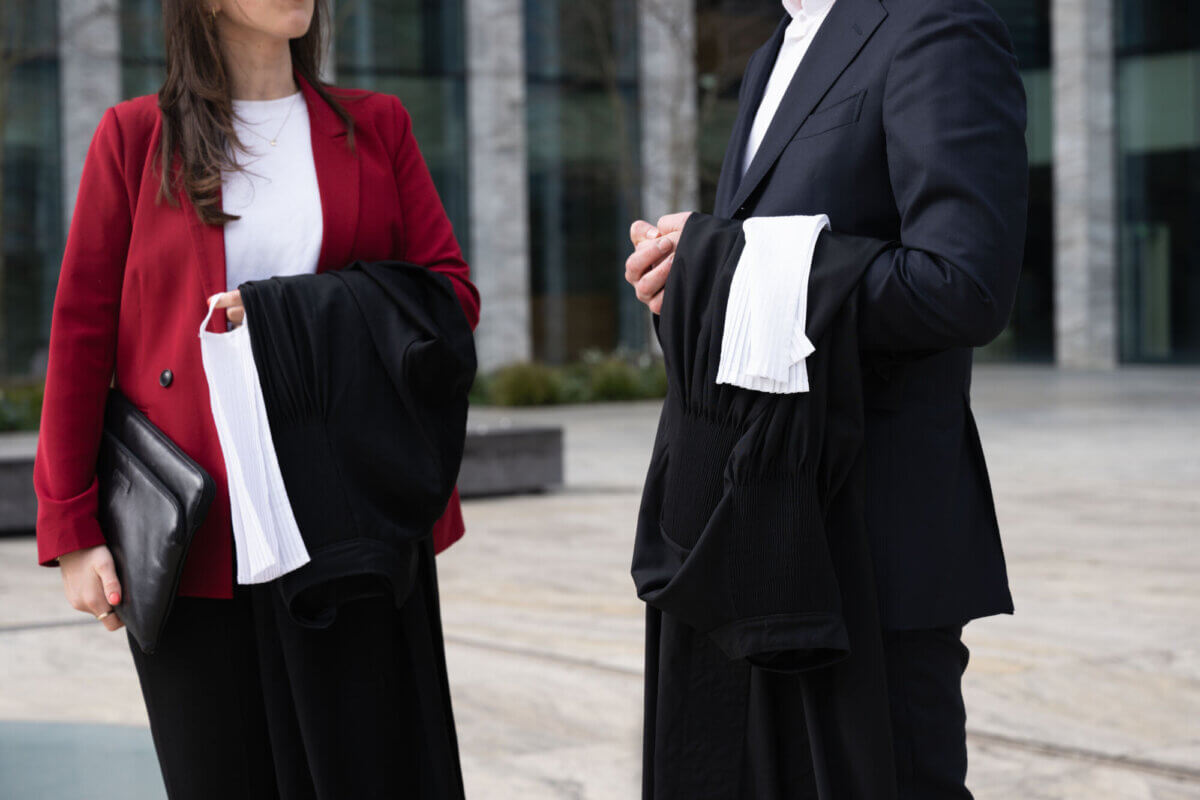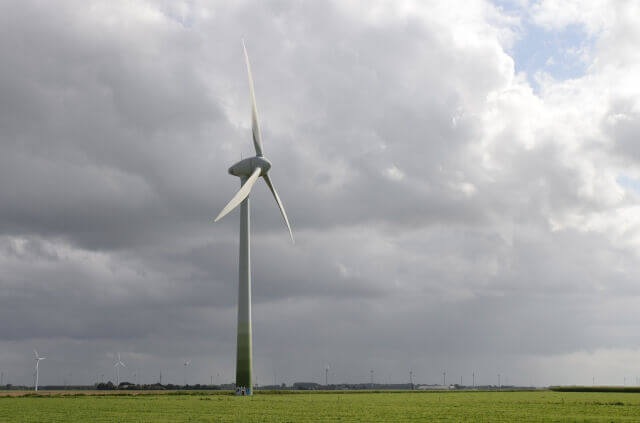Cheers to active civil courts

In the aftermath of the 2014 Hellenic Competition Commission (HCC) decision fining Athenian Brewery (AB) for having abused its dominant position on the Greek beer market, Macedonian Thrace Brewery (MTB), filed a lawsuit (in 2017) for damage it had allegedly suffered as a result of such abuse.
Its claim is against AB and its (indirect) parent company Heineken N.V. (Heineken). Heineken was not an addressee of the HCC’s decision. In its latest interlocutory judgment of 23 October 2024, the Court of Amsterdam ruled on whether AB and Heineken can be seen as one “undertaking” within the meaning of Article 102 of the Treaty on the Function of the European Union (TFEU). That the Court answered this in the affirmative is perhaps not surprising. Its motivation is however interesting (ECLI:NL:RBAMS:2024:6476).
No need to wait for CJEU’s answers to preliminary questions on jurisdiction
Back in 2023, the Supreme Court of the Netherlands asked the Court of Justice of the European Union (CJEU) preliminary questions in this case to seek clarification of the Brussels I-bis Regulation (ECLI:NL:HR:2023:965). The questions relate to the concept of (the assumption of) decisive influence in the context of (the close connectivity test of) Article 8 of the Brussels I-bis Regulation. The answer to such questions will determine whether the Amsterdam Court has jurisdiction not only as concerns Heineken but also as concerns AB. The Amsterdam Court considered that it did not have to wait for the answers to these preliminary questions: it could decide on the liability of Heineken, even if it were found not to have jurisdiction in relation to AB.
The HCC-decision does not elaborate on Heineken’s position
The HCC was quite explicit about the (lack of) participation of Heineken. It stated inter alia that: “(…) there are no specific findings and/or evidence proving any direct, i.e. active, involvement of Heineken NV in the identified infringements, or any special circumstances generating inevitably a presumption that the parent company has been exercising decisive influence upon its subsidiary, according to the facts of the case.” and “(…) the Hellenic Competition Commission finds that no investigation is required with respect to the parent company in the context of this case.” Heineken argued that the decision of the HCC has binding effect in the civil court, both in positive terms (“AB’s infringement is established”) and negative terms (“Heineken is not part of the infringing undertaking”). The Amsterdam Court does not follow this reasoning. It concludes that the HCC only decided not to investigate Heineken and that the HCC decision does not prevent an eventual judgment declaring Heineken to be part of the undertaking to which AB belonged and (therefore) liable for damages caused to third parties by that undertaking.
Application of the Akzo-presumption in civil cases is an ‘acte éclairé’
Having put aside the pending preliminary questions and the HCC-decision, the Amsterdam Court then addresses the substantive part of the case: do Heineken and AB form one undertaking within the meaning of competition law?
The question whether the so-called Akzo-presumption (which establishes that when a parent company holds all or almost all equity in a subsidiary there is a rebuttable presumption of decisive influence of the former over the latter) also applies in civil cases is currently pending before the CJEU. The District Court does not feel the need to wait for the CJEU’s answers. It considers that it is settled case-law that the concept of undertaking is an autonomous concept of EU law and has the same scope in public and private proceedings. There can be no doubt about whether to apply the Akzo-presumption in civil cases, this is an ‘acte éclairé’, according to the Court. Since Heineken holds 98,8% of equity in AB, it is presumed to have decisive influence.
How decisive is Heineken’s influence?
In an attempt to rebut the Akzo-presumption, Heineken argued that it did not actually use its decisive influence to affect AB’s market behaviour. Heineken thereby refers to the Sumal jurisprudence and the “concrete link” criterion.
According to the court, Heineken should have shown that it did not have decisive influence on AB’s market behaviour in general and not just on the concrete infringing behaviour of AB. The Court uses the Akzo and Goldman Sachs jurisprudence and considers that the relevant factors for this analysis of decisive influence include the economic, organisational and legal ties between the parent and subsidiary, control of the board of directors and the reception of progress or monthly reports.
The Court points to the influence of Heineken on the composition and tasks of AB’s board and management, the reporting structure within AB and the right of approval of Heineken over budget and targets and sees these as signals of decisive influence. The court finds it irrelevant that there might not have been concrete directions from Heineken on the commercial policy of AB. Influence on only the financial operations of a subsidiary can be sufficient for decisive influence but, according to the Court, Heineken’s influence went even further. The Court thus comes to the conclusion that Heineken has influenced AB decisively, which leads to the conclusion that Heineken and AB are part of one and the same undertaking. The Court therefore finds that Heineken and AB are jointly and severally liable for the damages allegedly suffered by MTB from the infringement established by the HCC.
Conclusion
This case exemplifies the complexity of civil proceedings following a competition law infringement (decision). This complexity specifically relates to the issue of jurisdiction of national courts in cross-border cases and the liability of entities not addressed in competition law infringement decisions. This case shows that although there have been many important developments, for example the CJEU’s Skanska and Sumal judgments, there are still many issues to be debated in national civil follow-on cases. The Amsterdam Court came to some brave conclusions in its latest judgment, but it remains to be seen whether these will be upheld both in a potential Dutch appeal procedure and in the answers still to be given by the CJEU.





